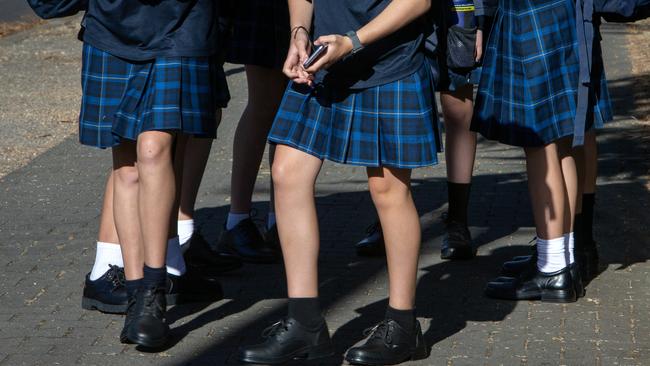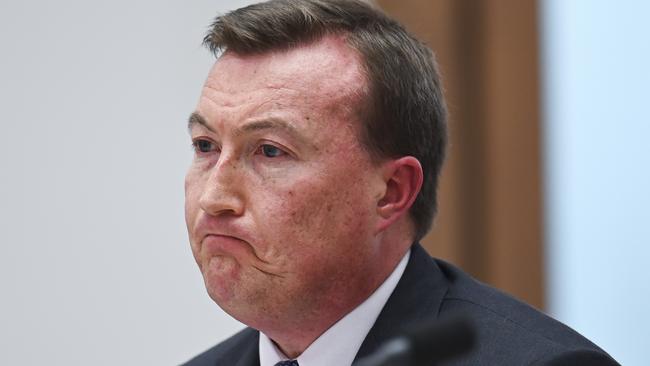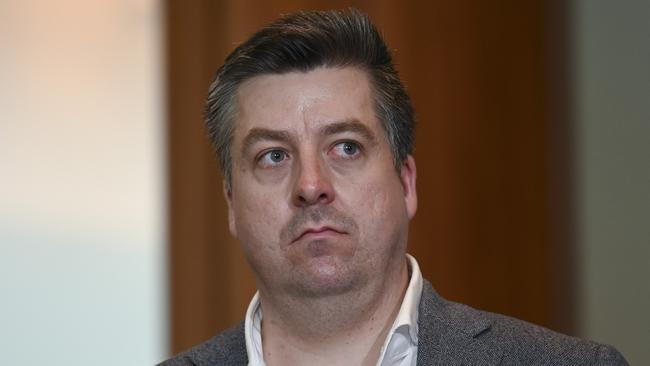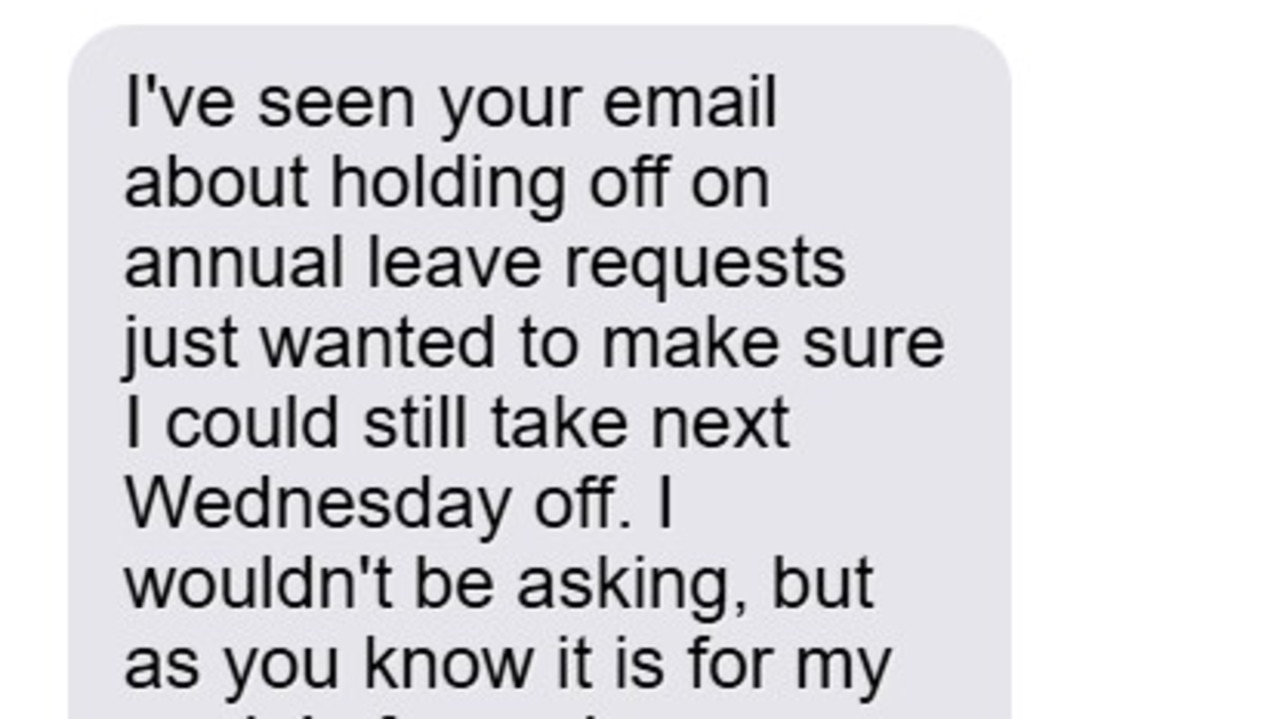Business Council of Australia demands fix to education standards, Yr 12 retention
Alarm bells have been raised over fears Australia will face a mass skill shortage across key industries, unless slipping education standards are halted.

At Work
Don't miss out on the headlines from At Work. Followed categories will be added to My News.
A leading business lobby has raised alarm bells that Australia will be lacking in workers in critical industries unless we boost our lagging education standards.
Ahead of the new school year, Business Council of Australia’ chief executive Bran Black called on both Anthony Albanese and Peter Dutton to implement policies to lift year 12 retention rates (currently at their lowest since 2010), ensure all schools have a careers counsellor, and fix Australia’s downward trajectory in international OECD rankings for reading, maths and science.

While Australia was ranked sixth in reading, sixth in science and eights in maths in 2006, since 2022, we’ve slipped to 12th, 10th and 16th respectively.
Mr Black said continued slipping education standards would risk Australia’s ability to compete in critical industries like AI, digital economies and advanced manufacturing.
“The BCA is calling for new education targets to be set with the goal of returning student results back to the OECD top 10 rankings for each of reading, science and maths,” he said.
“We can’t be a leader in AI, digital skills and a developer of new technologies in advanced manufacturing if we’re not equipping our students with the basic skills and education required to take on those jobs.”
He said the government needed to revert to a “back-to-basics” approach, which he argued would boost year 12 retention rates and give students the “confidence to go the distance with their studies”.

The call-to-arms follows a similar plea from small business peak body, the Council of Small Business Organisations Australia, who have called for a “a once-in-a-generation reboot” in their pre-budget submission.
This includes lower tax rates for small businesses, a higher asset write off threshold to $150,000, a higher payroll tax threshold for small businesses wanting to hire more workers, and reductions in red tape including simplifying interactions with the ATO and Fair Work Commission. .
COSBOA chief executive Luke Achterstraat said about 49 per cent of small businesses were not breaking even due to a “perfect storm” of the rising cost of energy, labour, insurance and rent.
“A perfect storm of rising costs is having a disproportionate impact on mum-and-dad businesses who often have mortgaged the house for collateral,” he said.
“Growth in demand has slowed while input costs remain elevated, putting pressure on profitability – particularly for businesses reliant on discretionary consumer spending.”

So far, Peter Dutton pledged an instant asset write-off to $30,000 for businesses with an annual turnover up to $10m, plus a tax deduction cap of $20,000 for business-related meal and entertainment expenses.
Meanwhile the Albanese government provided $641m to small businesses in this year’s budget, which included a $20,000 instant asset write-off, energy bill relief of $325 to eligible businesses and $41.7m for small business cyber security support.
Originally published as Business Council of Australia demands fix to education standards, Yr 12 retention


